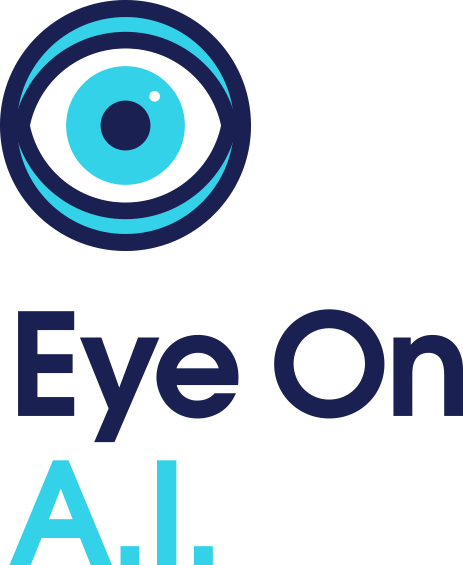Week Ending 5.9.2021
RESEARCH WATCH: 5.9.2021
This week was active for "Computer Science", with 1,178 new papers.
The paper discussed most in the news over the past week was "Detecting Hate Speech with GPT-3" by Ke-Li Chiu et al (Mar 2021), which was referenced 28 times, including in the article GPT-3 sucks at pick-up lines — here’s what that tells us about computer-generated language in The Next Web. The paper got social media traction with 21 shares.
Leading researcher Aaron Courville (Université de Montréal) came out with "Iterated learning for emergent systematicity in VQA".
This week was very active for "Computer Science - Artificial Intelligence", with 173 new papers.
The paper discussed most in the news over the past week was by a team at MIT: "The ThreeDWorld Transport Challenge: A Visually Guided Task-and-Motion Planning Benchmark for Physically Realistic Embodied AI" by Chuang Gan et al (Mar 2021), which was referenced 17 times, including in the article This new robotics challenge could bring us closer to human-level AI in The Next Web. The paper author, Chuang Gan (IBM), was quoted saying "This environment can be used to train RL models, which fall short on these types of tasks and require explicit reasoning and planning abilities". The paper got social media traction with 23 shares. A Twitter user, @gan_chuang, commented "Excited to announce the TDW Transport Challenge in the CVPR21 Embodied AI Workshop! Can you train agents to change object states and fulfill complex goals in simulated physical environments? Paper Link: Stater Code".
This week was active for "Computer Science - Computer Vision and Pattern Recognition", with 244 new papers.
The paper discussed most in the news over the past week was by a team at University of Southern California: "DefakeHop: A Light-Weight High-Performance Deepfake Detector" by Hong-Shuo Chen et al (Mar 2021), which was referenced 18 times, including in the article Radar trends to watch: May 2021 in O'Reilly Network. The paper author, Jay Kuo, was quoted saying "SSL is an entirely new mathematical framework for neural network architecture developed from signal transform theory". The paper got social media traction with 5 shares.
This week was active for "Computer Science - Computers and Society", with 34 new papers.
The paper discussed most in the news over the past week was "Micro-Estimates of Wealth for all Low- and Middle-Income Countries" by Guanghua Chi et al (Apr 2021), which was referenced 1 time, including in the article How AI-powered poverty maps can increase equity in the COVID-19 response in Brookings Institution. The paper was shared 3 times in social media. The researchers develop the first micro - estimates of wealth and poverty that cover the populated surface of all 135 low and middle - income countries (LMICs) at 2.4 km resolution.
This week was very active for "Computer Science - Human-Computer Interaction", with 39 new papers.
The paper discussed most in the news over the past week was by a team at University of St Andrews: "Using Small MUSes to Explain How to Solve Pen and Paper Puzzles" by Joan Espasa et al (Apr 2021), which was referenced 1 time, including in the article Using Small MUSes to Explain How to Solve Pen and Paper Puzzles in TodayHeadline.
This week was very active for "Computer Science - Learning", with 342 new papers.
The paper discussed most in the news over the past week was by a team at MIT: "The ThreeDWorld Transport Challenge: A Visually Guided Task-and-Motion Planning Benchmark for Physically Realistic Embodied AI" by Chuang Gan et al (Mar 2021)
Leading researcher Aaron Courville (Université de Montréal) published "Iterated learning for emergent systematicity in VQA".
Over the past week, 16 new papers were published in "Computer Science - Multiagent Systems".
Over the past week, 16 new papers were published in "Computer Science - Neural and Evolutionary Computing".
This week was active for "Computer Science - Robotics", with 53 new papers.
The paper discussed most in the news over the past week was by a team at MIT: "The ThreeDWorld Transport Challenge: A Visually Guided Task-and-Motion Planning Benchmark for Physically Realistic Embodied AI" by Chuang Gan et al (Mar 2021)
Leading researcher Abhinav Gupta (Carnegie Mellon University) published "DeepMPCVS: Deep Model Predictive Control for Visual Servoing".

